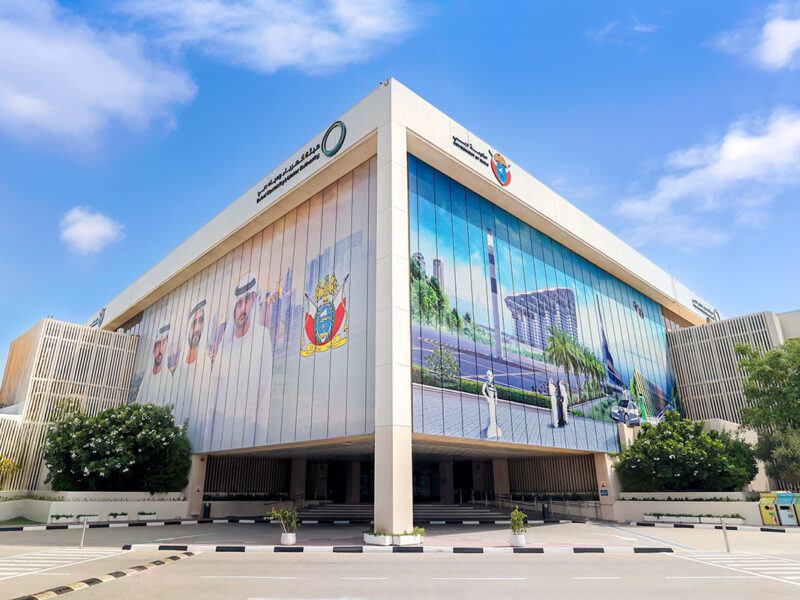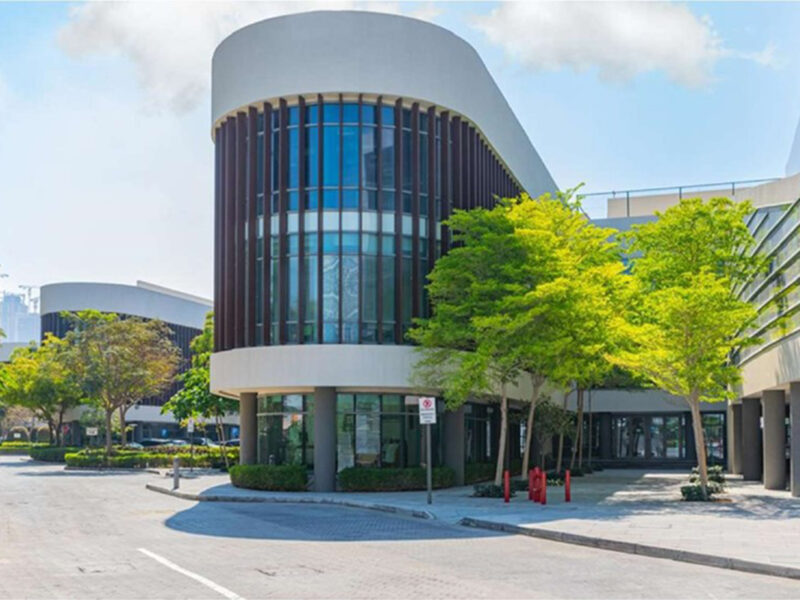HSBC’s
new boss is to cut back on wealth management and retail banking and may
sell the bank’s US credit card arm in a bid to cut $3.5 billion in costs and revive flagging profits.
Europe’s biggest bank said the
retreat from high street services in some countries and other savings
would help it cut costs as a share of revenue to 48-52 percent by 2013
from 61 percent in the first quarter.
Many banks, including HSBC, have seen this ratio rise sharply as they compete for staff in Asia.
By comparison, rival Standard Chartered’s
cost/income ratio was 56 percent last year. But others have done more
to keep costs below 50 percent, such as Spain’s Santander, where it was 43 percent last year.
“We
clearly have a cost problem,” chief executive Stuart Gulliver said
during a presentation to explain his strategic overhaul on Wednesday.
The
extent of Gulliver’s task was laid bare on Monday this week, when the
bank’s results showed a jump in costs dragging quarterly profits down
some 14 percent.
“We’re a very
large firm that delivers significant profits but we’re complex, and
historically we’ve struggled to tell a coherent story about why our
shareholders should own us,” said the CEO, who took the job on at the
start of the year.
Investors and analysts were unimpressed, and HSBC shares dipped 0.7 percent to 651 pence at 0816 GMT.
“Half
of the statement stated things they should be doing anyway,” said Brown
Shipley fund manager John Smith, who has HSBC shares in his portfolio.
What is radical for HSBC is just not that radical for outsiders looking in,” said Simon Maughan, analyst at MF Global in London.
HSBC
will focus its wealth management business on 18 of the most relevant
economies, and limit retail banking to markets where it can achieve
profitable scale, it said.
“They’re
having to cut costs because they’re operating in an environment where
revenue growth will be hard to come by,” Brown Shipley’s Smith said.
Currently, the bank has operations in 87 markets. It has 95 million customers and employs 307,000 staff.
In
retail banking it will focus on core markets such as Hong Kong and
Britain, high growth markets like Mexico, Singapore, Turkey and Brazil,
and smaller countries where it has a strong position.
It has already said it will exit retail banking in Russia and review its US operation, where it has 475 branches.
Gulliver
reckons he can get $4 billion a year in additional revenues from
winning business from wealthy customers in fast growing markets, and get
an extra $1 billion from making commercial and investment banking work
more closely together.
Selling the US card business could free up as much as $25 billion of capital, analysts at Barclays Capital have estimated.
The
United States has been seen by many analysts as a low-return area for
the bank, following HSBC’s disastrous purchase of the Household mortgage
business there before the global financial crisis.
“We
will increase capital deployment discipline, directing investment to
faster growing markets and businesses as we scale back elsewhere,”
Gulliver said.
The 51-year-old was
named CEO in September after a damaging boardroom power struggle, and
had been expected to put most immediate attention on the retail arm,
especially in the United States.
He
expects to be able to limit the impact of tougher regulations on its
capital ratios to about 120 basis points through mitigating action. The
bank had previously warned Basel III regulations could hurt capital by
250-300 basis points.
The bank will also target a dividend payout ratio of 40-60 percent.
Gulliver
needs to act to lift return on equity to his 12-15 percent target, from
9.5 percent last year and around 5 percent in the previous two years.
It could take two to three years to achieve that goal, he said, and some
analysts see it as an uninspiring target anyway that could call into
question the bank’s premium rating.
“They
are sending a pretty damning message for achievable returns for banks
in general on a worst-case interpretation of regulations. It’s a
negative message about what (returns) banks can generate,” MF Global’s
Maughan said.








